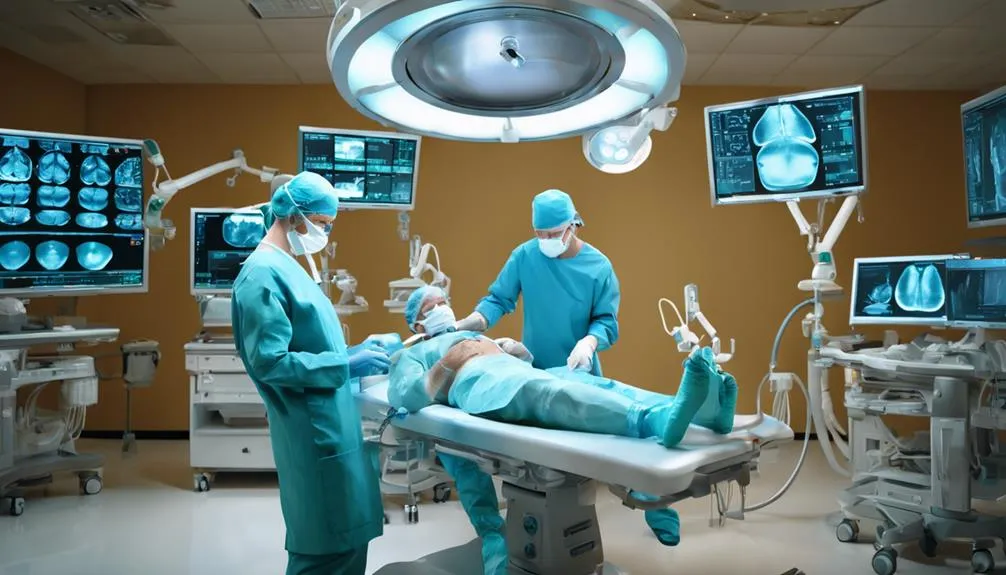
Orthopedic surgeons are involved in healthcare, focusing on preventing, diagnosing, and treating conditions affecting the musculoskeletal system. These medical professionals address injuries and disorders that impact the bones, joints, muscles, ligaments, and tendons. For many individuals, orthopedic surgeons are integral in helping restore mobility and improve overall function.
The Role of an Orthopedic Surgeon
Orthopedic surgeons specialize in managing and treating musculoskeletal conditions. Their work often includes both surgical and non-surgical approaches. They address a wide range of issues, including fractures, sports injuries, degenerative diseases, tumors, and congenital disorders. Depending on a patient’s needs, they may recommend physical therapy, medications, or minimally invasive procedures before thinking about surgery. Beyond addressing immediate problems, specialists also focus on improving mobility and supporting long-term musculoskeletal health.
Common Conditions and Injuries Treated
These surgeons diagnose and treat various conditions that affect the musculoskeletal system. Some of the most common include:
- Fractures and Dislocations: These can result from falls, accidents, or sports injuries and often require prompt medical attention.
- Arthritis and Joint Disorders: Conditions like osteoarthritis or rheumatoid arthritis can lead to stiffness, pain, and reduced mobility.
- Sports and Overuse Injuries: Torn ligaments, sprained ankles, and stress fractures commonly occur in athletes or individuals engaged in repetitive activities.
- Spinal Disorders: Conditions like herniated discs or scoliosis that affect the back and spine are also within their scope.
- Pediatric Orthopedics: These surgeons also address congenital conditions such as clubfoot or scoliosis in children.
Advances in Orthopedic Surgery
Advancements in surgery, such as robotic-assisted procedures, arthroscopy, and biologic therapies, are transforming patient care. Robotic systems improve precision and recovery in joint replacements, while minimally invasive arthroscopy speeds up healing with less scarring. Biologic therapies like stem cells and PRP promote tissue healing, reducing the need for surgery. These innovations enable more effective, less invasive treatments.
Post-surgery care and Rehabilitation
Post-operative care is a part of a successful recovery following surgery. Orthopedic surgeons often work closely with physical therapists and other rehabilitation specialists to design individualized plans. These plans may include exercises to rebuild strength, improve flexibility, and restore function. Compliance with post-operative care can significantly influence recovery timelines and long-term health outcomes.
Guidance in Bone and Joint Health
Preventive care is key to maintaining bone and joint health. It encompasses several proactive measures, such as maintaining a healthy weight, following a diet rich in calcium and vitamin D, and regular exercise to strengthen muscles and improve joint stability. These measures work together to reduce the risk of conditions that may eventually lead to surgical intervention.
The Impact of Orthopedic Surgeons
Orthopedic surgeons work at restoring mobility, alleviating pain, and helping individuals regain independence. Surgical and non-surgical methods address a broad spectrum of conditions with precision and care. Their expertise contributes to improved musculoskeletal health, enabling countless patients to lead more active and fulfilling lives. This specialized field continues to evolve, benefiting from cutting-edge technology and comprehensive care approaches. If you’re dealing with a musculoskeletal concern, consult a qualified specialist to explore your treatment options and find the best path forward.